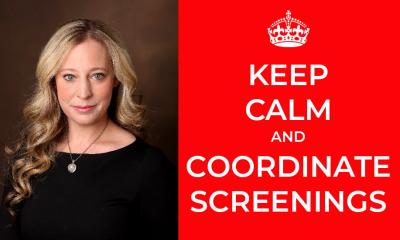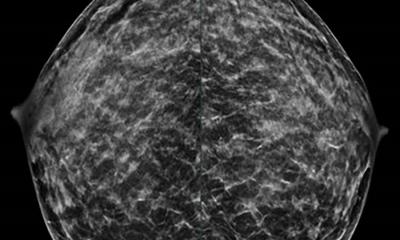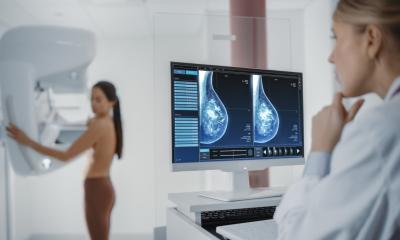Image source: Adobe Stock/Gorodenkoff
News • Screening study
Mammography screening: false positive results increase breast cancer risk
Women who receive a false positive mammography result are more likely to develop breast cancer over the subsequent 20 years, new research from Karolinska Institutet finds.
The team published their findings in JAMA Oncology. The risk is highest for women aged between 60 and 75 and who have low breast density.
In global terms, breast cancer is the most common form of cancer among women, and screening is an important tool for catching women with a tumour at the earliest possible stage. In Sweden, all women between 40 and 74 are invited for screening at 18 to 24-month intervals.
At each screening visit, approximately 3% of the women who undergo screening have a false positive result, which means that they are recalled for further examination without any cancer diagnosis. False-positive mammography results can cause psychological anxiety and influence screening attendance. Previous studies indicated that false-positive mammography results were associated with a short-term increased risk of breast cancer.
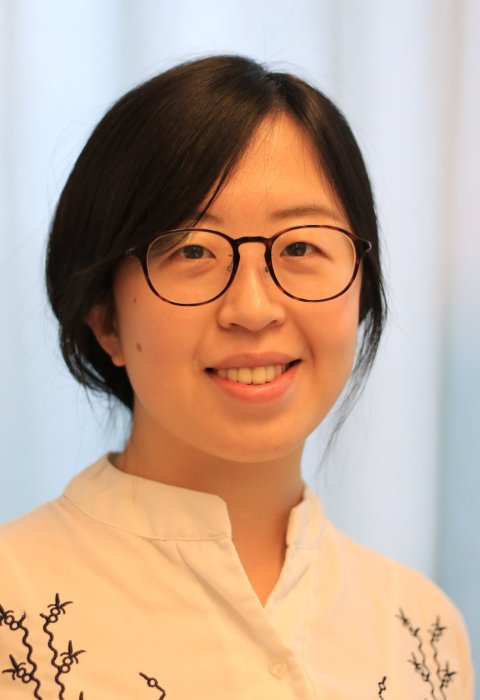
Image source: Karolinska Institutet; photo: Gunilla Sonnebring
The new study shows that women with false-positive results are more likely to develop breast cancer than other women over the subsequent 20 years, facing, on average, a 60% increased risk, suggesting the increased risk is long-term. In this study, the researchers identified 45,213 women with an initial false positive result and 452,130 women of the same age who were not recalled, all of whom attended the mammography screening program in Stockholm. Additionally, the researchers included 12,243 women with information on mammographic density from the Karolinska Mammography Project for Risk Prediction of Breast Cancer (KARMA) study.
“The elevated risk was higher in women in the 60–75 age-bracket than in the 40–49 age-bracket, and in women with low rather than high mammographic density,” says Xinhe Mao, postdoctoral researcher at the Department of Medical Epidemiology and Biostatistics, Karolinska Institutet in Sweden. “The risk was also highest in the four to six years following a false positive result.”
“It’s important to accentuate a long-term awareness of breast cancer in women who get false positive mammography results,” says Mao. “It might be beneficial to draw up personal monitoring programmes for these women with careful follow-ups over the years immediately following.”
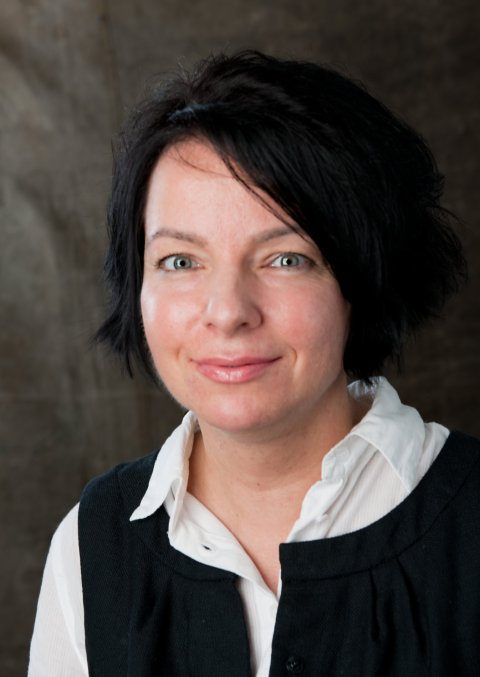
Image source: Karolinska Institutet; photo: Ulf Sirborn
The study formed part of Xinhe Mao’s doctoral thesis, and she will now continue her research with the aim to motivate more women to undergo regular mammography screening.
“Radiology and breast cancer screening are currently in a phase of rapid development, partly thanks to the use of AI,” says the study’s last author Professor Kamila Czene at the Department of Medical Epidemiology and Biostatistics, Karolinska Institutet. “Our published paper is part of the general efforts to achieve better screening results and increase the screening programme uptake.”
The study was financed by the Swedish Research Council, the Swedish Cancer Society, Region Stockholm, the Swedish Research Council for Health, Working Life and Welfare (FORTE) and the China Scholarship Council. The researchers report no conflicts of interest.
Source: Karolinska Institutet
03.11.2023



